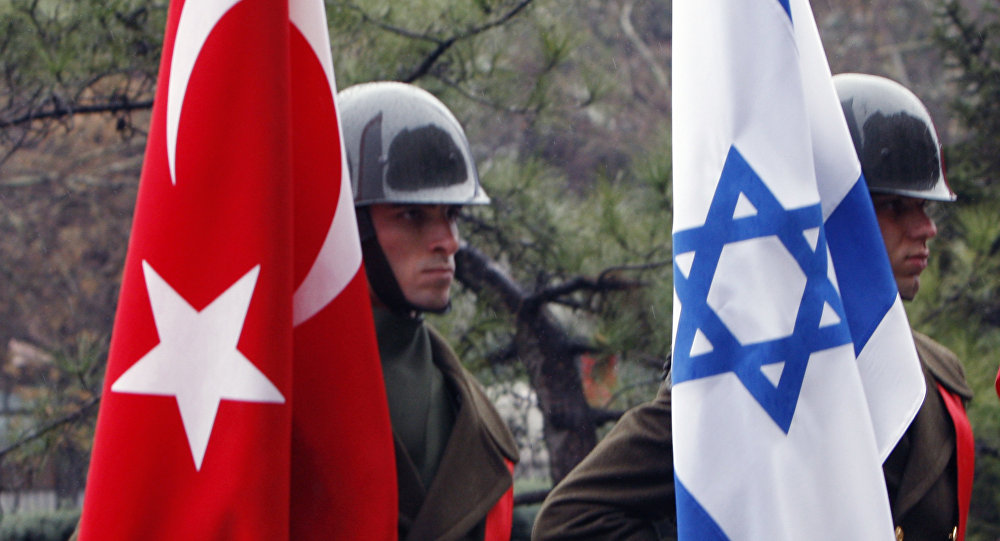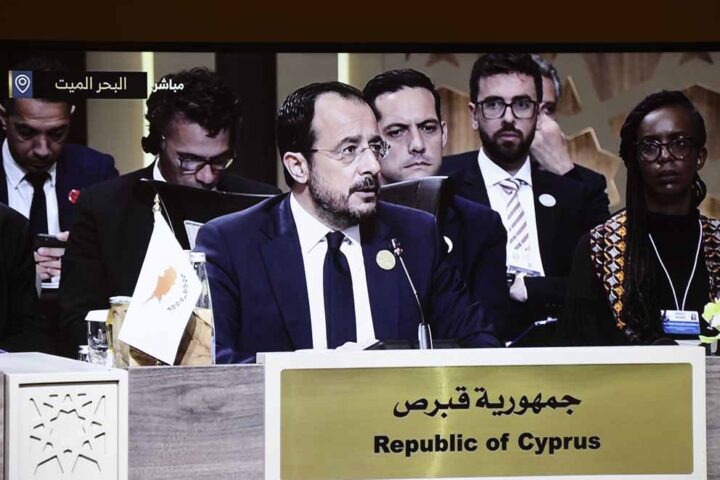Ever since Hamas attacked Israel on October 7, unleashing the wrath of the Israeli defence forces in Gaza, the world watched in horror as the details of the attack and the kidnaps unfolded.
The West initially condemned the terror group and its horrific actions.
Still, it gradually started expressing concern over the plight of the civilian population in the enclave, being herded south and away from the conflict.
This is a war that had been brewing for years, and Israel appealed to allies and friends to support its military onslaught, with some operations resulting in a high number of civilian casualties, considered “collateral damage”.
The unprecedented number of Israeli victims was also a shock to the country’s population, with political repercussions expected to reverberate in months and years to come.
At the same time, voices for peace are growing and calling for an end to the hostilities before Israel mourns more victims, soldiers, and civilians.
But as Israel turns to allies and friendly neighbours, such as Cyprus, for support, which has been offered unconditionally, policymakers in Tel Aviv should also consider its future relationship with these friends.
Despite friction with Ankara, which kicked off with the Israeli naval attack on the Mavi Marmara and the humanitarian aid in 2010, part of Turkey’s efforts to exert its influence in the eastern Mediterranean and appear as the protector of the Palestinians, relations between the countries have never soured.
It is no secret that Israel will not terminate this link, as cooperation has continued, albeit quietly, especially on the security side.
Israel maintains extremely warm relations with Azerbaijan, Turkey’s ethnic sister nation, which it continues to supply with the latest military technology, as it considers Baku irreplaceable to control Iran from the north.
As a result, it rewarded Azerbaijan’s policy of ethnic cleansing and onslaught on the Armenian territory of Nagorno-Karabakh by awarding SOCAR a natgas exploration license north of the gas-rich Leviathan basin.
This places Azeri interests on Cyprus’ doorstep, in addition to Ankara’s bullying tactics in this part of the sea, with political analysts saying Turkey now has an indirect say in Israel’s energy plans.
On the other hand, Israeli investments in the occupied north of Cyprus continue unabated; even in Famagusta that Turkey wants to develop, setting in concrete the division and any hope of achieving peace on the island.
For decades, Cyprus has unreservedly offered a friendly hand to Israel, often putting in jeopardy Nicosia’s relationship with the Arab world and neighbours.
The occasional visit of a president, prime minister, or cabinet member, hailing the “historical ties” with Cyprus and recalling heart-warming moments of support shown to Jewish migrants who helped build the modern nation of Israel, is not enough.
Perhaps it is time for Israel to stop sitting on the fence when it comes to Cyprus and decide which side it wants (or needs) to support.







